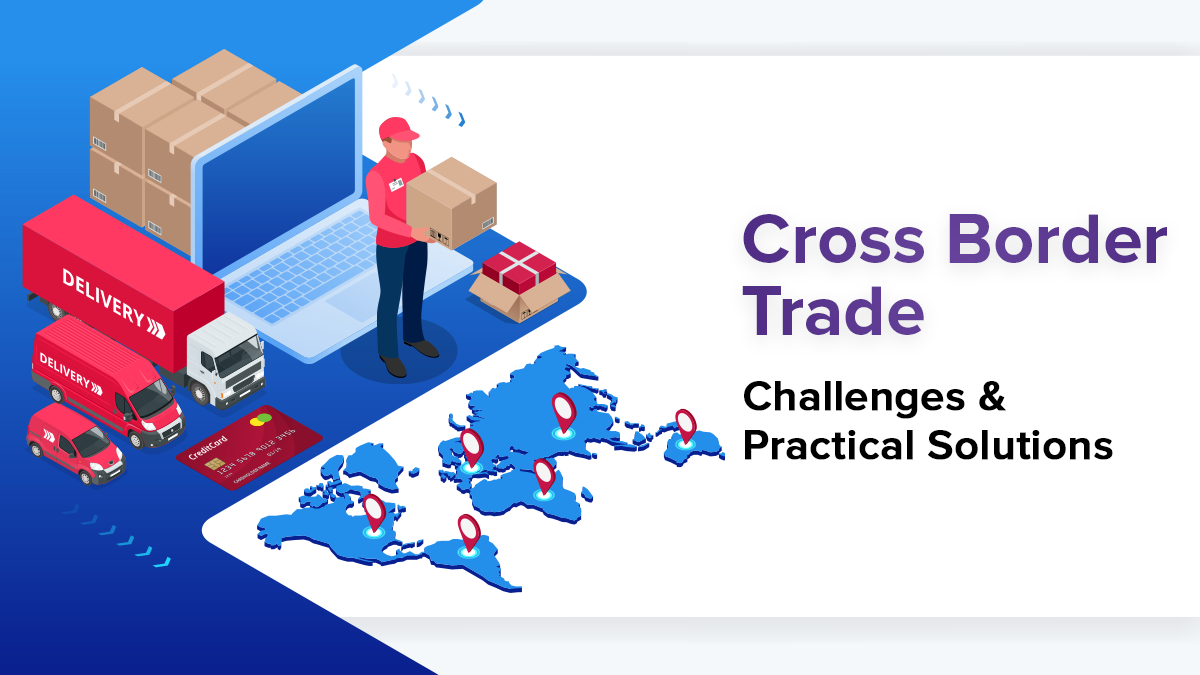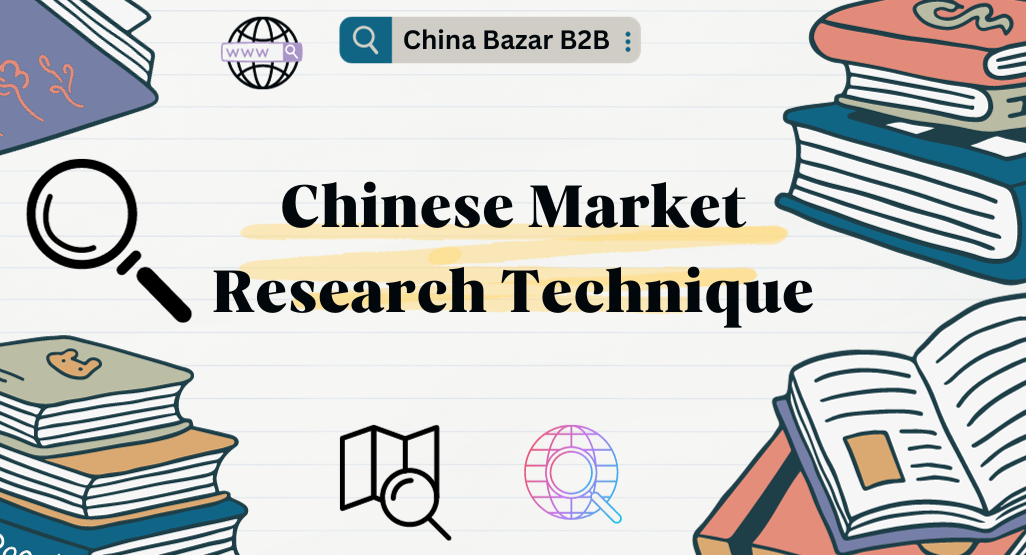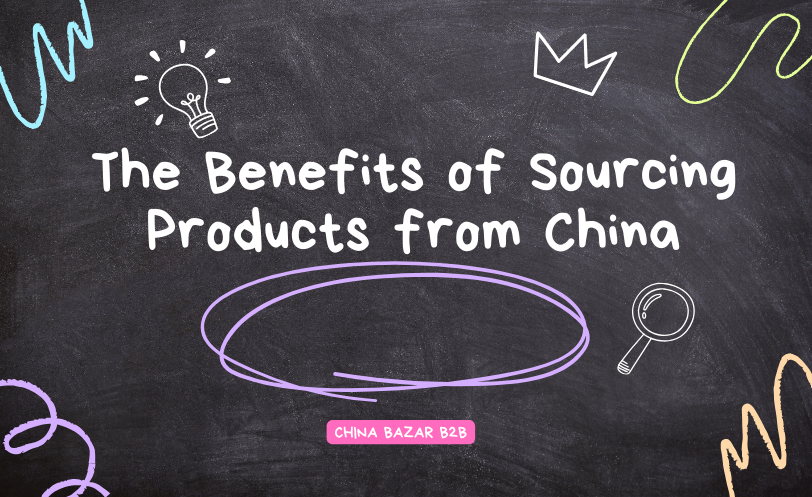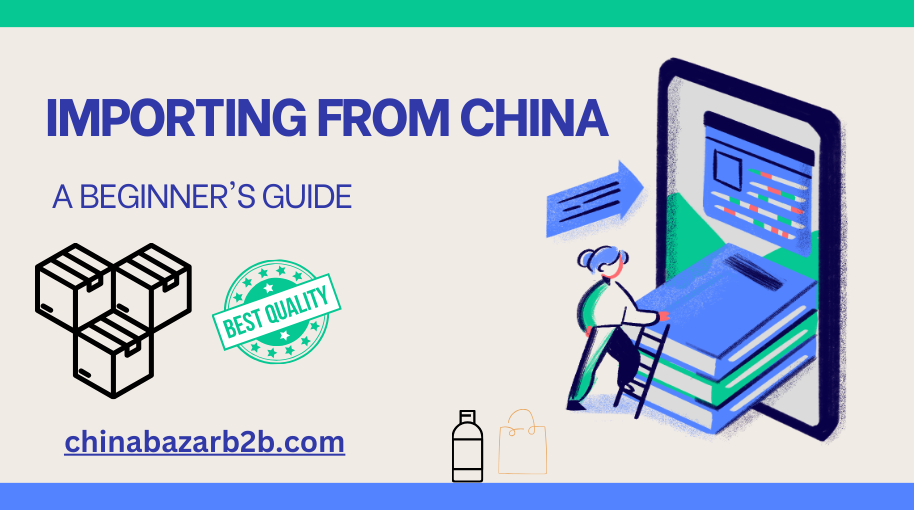
Understanding Cross-Border Trade: A Guide for B2B Businesses
Cross-border trade is an important part of today's global economy. It gives B2B (business-to-business) companies huge chances to get more customers and make more money. To manage foreign trade, you need to know how to deal with rules, laws, and cultural differences. It's like learning how to play a game and following the rules. To make trade go smoothly, you have to accept the traditions of different places. This guide gives B2B companies all the information they need to understand and do well in international trade so they can grow their businesses in new countries.
In this article, we will be discussing the core six sections/topics to understand the process smoothly :
- The Benefits of Cross-Border Trade
- Key Considerations for Cross-Border Trade
- Navigating Trade Agreements
- Logistics and Shipping
- Risk Management
- Resources and Support
Let's get started!
Section 1: The Benefits of Cross-Border Trade
1.1 Market Expansion
Larger markets are one of the best things about cross-border trading for B2B businesses. Entering foreign markets can help businesses make more money. It also helps to reach new customers and become less dependent on one market. While raising profits, this variety also protects against changes in the local economy. Through cross-border trade, businesses can broaden their knowledge and find untapped opportunities in global markets. This can lead to growth and long-term success.
1.2 Diversification
Diversification is another one of the best things about B2B companies selling across borders. By expanding their operations in other places, businesses may become less reliant on a certain market or group of customers. This method of diversification lowers the impact of problems specific to a market or a downturn in the economy by spreading out the risks. Giving businesses access to different ways to make money makes their operations stronger and more flexible in case market conditions change. Simply put, foreign trade diversification makes a business more financially stable. It also gives a lot of new choices.
1.3 Access to Resources
Access to resources is another good thing about dealing with other businesses across borders. Foreign trade makes it easier and cheaper for businesses to get products, suppliers, and technologies from other countries than from their own. When you have access to more tools, you can be more productive, cut costs, and make better products. Businesses can get a strategic edge and stay ahead of the competition by going into foreign markets. Using resources that aren't available in their own country.
1.4 Economies of Scale
Economies of scale are a big benefit of cross-border trade for business-to-business companies. By going into bigger markets abroad, businesses can get more customers and make more things. As their operations grow, their products become more cost-competitive. Because of their manufacturing, prices per unit often go down. As production efficiency rises, companies can keep their profit margins high while making items more affordable for customers. When goods are traded across borders, economies of scale form that help companies do well in the global market and make more money.
Section 2: Key Considerations for Cross-Border Trade
2.1 Market Research
Market study is an important thing to think about when you're trading across borders. Before going into foreign markets, B2B companies should do a lot of studies to fully understand the unique traits of the markets they want to sell to. Part of this is looking into things like customer tastes, cultural quirks, area competition, and demand patterns. Market research also helps companies figure out what problems and chances they might face so they can change their plans and products to meet the wants of international customers better. It's an important step towards making smart decisions and dealing with the difficulties of trade across borders.
2.2 Legal and Regulatory Framework
The legal and regulatory environment is another important part of foreign trade for business-to-business companies. How well foreign trade deals go can depend a lot on the laws, rules, and trade agreements that are specific to each country. It is important to avoid future legal issues and fines. It is also important to understand and follow these legal responsibilities, like tariffs, import/export laws, and international trade agreements. Businesses that trade across borders must invest in the knowledge and tools needed to navigate these complex legal and regulatory environments for their operations to run easily and legally.
2.3 Cultural Understanding
Cultural understanding is a key part of doing business across borders. It means respecting and recognizing the different practices, customs, and ways of communicating with the target market. If you take cultural differences into account enough, you might understand or make mistakes that hurt business relationships. And make it harder to get into new markets. For B2B companies to do well in foreign markets, they need to build strong relationships and trust. To do this, they may need to take the time to learn about and get used to the cultural quirks of the places where they work.
2.4 Supply Chain Management
Cross-border business depends on being able to manage the supply chain well. It includes coordinating sourcing, production, distribution, and movement across borders so that everything runs smoothly. An organized and well-run supply chain is important for business-to-business companies. Because it helps them keep costs down, make sure deliveries happen on time, and ensure the standard and consistency of their goods or services. Businesses that want to handle the difficulties of international trade and meet the needs of customers all over the world need a strong supply chain management strategy.
2.5 Currency Exchange and Payment Methods
Payment methods and changing currencies are important parts of international trade. Business in other countries requires knowing how to work with various currencies and payment methods. Know how to change and trade currencies to keep your money safe. Additionally, businesses that deal with other businesses (B2B) must carefully pick the payment methods that best meet their needs. Taking into account factors such as speed, cost, and safety. Making a plan for how to pay and change currencies will ensure that all financial transactions go easily. This lowers the risks of doing business across borders.
Section 3: Navigating Trade Agreements
3.1 Free Trade Agreements (FTAs)
Free trade agreements (FTAs) are required for businesses that trade across borders. As a result of these deals, trade barriers and tariffs between countries will be lowered or eliminated. Make it easy and cheaper to buy and sell goods across borders. Understanding and using FTAs could give B2B companies an edge in some markets by making their goods more widely available and more affordable for customers. Understanding and using these trade deals is very important for companies that want to benefit from lower trade barriers and more market access.
3.2 World Trade Organization (WTO)
Trade deals between countries are mostly managed by the World Trade Organization (WTO). Acting as a worldwide authority, it sets rules for foreign trade, settles disputes, and promotes fair and honest business practices. The WTO provides a settlement forum for trade conflicts and ensures fair competition for business-to-business companies in global markets. International trade that is fair and legal, as well as a more stable and predictable business climate, depends on companies understanding and following the rules set by the WTO.
3.3 Bilateral and Multilateral Trade Agreements
Trading deals, both two-way and three-way, are very important for businesses that do business around the world. Bilateral agreements only cover trade between two countries, while multilateral agreements cover many. In addition to changing tariffs, market access, and trade conditions, these agreements also set the rules for trade around the world. Businesses that do business across borders need to understand and be a part of these deals. Because they change the rules of trade and offer both opportunities and challenges, businesses can carefully reach more people and deal with the challenges of global trade better when they use bilateral and multilateral trade agreements.
Section 4: Logistics and Shipping
4.1 Transportation Options
Businesses that trade with other countries need to know a basic amount about the different types of transportation available. The right mode of transportation must be chosen. Whether it's by land, sea, or air, to make sure that goods are sent across countries quickly and efficiently. The type of transportation chosen can have a big effect on costs, arrival times, and even the ability to do business across borders. It is important for companies that want to improve their supply chain. Follow the rules of trade agreements and make sure their customers get their goods quickly and reliably to understand the logistics and specifics of each transit option.
4.2 Customs Clearance
Shipping, customs processing, and logistics are all important parts of global trade and supply chain management. We make sure that goods can cross international lines legally by going through certain steps and filling out paperwork. This is called customs clearance. Logistics is the planning, coordinating, and optimizing of the whole shipping and storage process to make sure that things get to where they need to go as quickly and cheaply as possible. What shipping does, on the other hand, is move goods physically by land, air, or water. These three parts work together to make it easy for things to move around the world. They also connect businesses with customers all over the world, which encourages global trade.
4.3 Incoterms
Incoterms are like a language that everyone in the world can understand. They spell out in clear language what buyers and sellers are responsible for when it comes to shipping and other aspects of foreign trade. They spell out important parts of a trade deal, like where the goods will be delivered, who will be responsible for the risk, and how the money will be paid. Incoterms help make foreign shipping easier by giving everyone in the supply chain a common language and set of rules to follow. This reduces the chance of misunderstandings and conflicts. Incoterms make foreign shipping and logistics easier and more efficient by laying out who is responsible for insurance, shipping costs, and paperwork for importing and exporting. Companies that trade with other countries need to know these words and know how to use them properly to run their global supply networks.
Section 5: Risk Management
5.1 Political and Economic Risks
Businesses in a globalized world have to deal with a lot of problems because of economic and political threats. Risk management, in this case, means finding ways to identify, assess, and lessen the bad effects that could happen because of changes in politics, policy, the economy, and other outside factors. With this process, businesses can protect their operations, assets, and bottom line. A few good ways to handle risk are to diversify your markets, hedge your finances, keep an eye on what's happening in geopolitics, and make backup plans. Taking care of political and economic risks can help organizations be more resilient and flexible in a world that is always changing. In the long run, this will protect their interests and make sure the business can last.
5.2 Legal and Regulatory Risks
To make sure that an organization follows the rules and laws that apply to their business. Legal and regulatory risk management is an important part of their strategy. Finding, evaluating, and lowering possible legal and governmental risks that could affect the business are all parts of this process. To do this, you need to be proactive, keep up with laws and rules that are always changing, and put in place policies and processes that make it less likely that people will not follow them. Effective risk management in this area helps businesses stay within the law while still achieving their business goals. This helps them avoid expensive fines, lawsuits, and damage to their image.
5.3 Market Entry Strategies
Plans for getting into a market Risk management is an important part of expanding a business internationally. There are many risks that a business faces when it goes into a new market. Such as political, economic, cultural, and competitive issues. To keep lower these risks, businesses need to carefully think through and carry out their strategies for entering new markets. This means doing a lot of research, adapting to the conditions in the area, building strong relationships, and having backup plans ready. If a company uses good risk management in its market entry strategies, it will be able to confidently avoid problems and take advantage of chances as it grows around the world.
Section 6: Resources and Support
6.1 Government Assistance
The government's resources and support are very important for helping people and places that need it. Cash, educational, and social help is offered by these programs to people who are having problems like health problems, cash problems, or unequal schooling. With their help, weak groups can live better lives and get past problems. For example, welfare, unemployment benefits, health insurance, food stamps, and school grants are all examples of government aid resources. According to their mission, these programs try to create a fairer society and help people who want to make their lives better.
6.2 Industry Associations and Networks
Businesses and workers looking for help and to work together in the same field can benefit from joining industry groups and networks. These groups bring together companies and people with similar interests, encouraging them to share information and help the business grow. They give members a way to get information about best practices, information specific to their business, and educational opportunities. This helps members network and grow professionally. Industry groups and networks also look out for the interests of their members by dealing with problems that affect the whole sector and having a say in policy choices that affect it. Businesses and workers can get a lot of help and resources from these groups and associations if they join. This will help them stay competitive and do well in their fields.
For businesses that want to join the global market, "Understanding Cross-Border Trade: A Guide for B2B Businesses" is a must-have guide. It gives a broad look at the most important factors and strategies for success in international trade, stressing how important it is to study, plan, and be flexible. Businesses are looking for opportunities around the world more and more. This guide is a great resource for both newcomers and seasoned professionals. Giving them the information and tools they need to succeed in the fast-paced world of cross-border commerce.

Understanding Cross-Border Trade: A Guide for B2B Businesses
11 November 2023

The Future of B2B China Trade
08 November 2023

How to Find High-Quality Suppliers in ChinaBazarB2B
07 November 2023

Top 10 Emerging Trends in the Chinese B2B Wholesale Market
06 November 2023

Chinese Market Research Technique
05 November 2023
Related Post


